Resolve
My resolve was tested this summer.
One of the beautiful paradoxes in recovery is the resolve that recovering alcoholics and addicts develop over time.
This segment of the population—people who suffer from addiction and alcoholism—is not known for its will power. In fact, a lack of will power is the frustration of dealing with someone suffering. Maybe you’ve told a loved one or heard from a loved one: why can’t you just stop? This question is maddening to the sufferer. We want to stop. In our sober moments, we’d do anything to stop. But addiction is a one-way highway; even with all its exits and detours, it only heads straight.
Many people, I think, do not understand the cunning nature of mental illness. Truly, it can be best understood by those who suffer from it, which is exactly where the power of recovery comes from. Recovery is, essentially, two or more people gaining power from their shared admission of powerlessness. This peculiarly strong bond allows for continued abstinence.
I will have twelve years of continuous sobriety, total abstinence, in October.
This fact amazes me. When I think back to the end of my drinking and drugging career, I can remember the powerlessness. I remember waking up with that incessant craving, succumbing to it throughout the day, believing I didn’t have a choice.
It is astounding to go eleven years without succumbing to my addiction when there was a time I could not go eleven minutes.
What is even more astounding is I can remember the exact moment I last felt the craving. It was when I began this blog, in fact. My friend Jason had died and I was sick with anger and confusion. I saw a Corona sweat in the sun on the television and wished I could punch through the screen to drink it—not pour it into a champagne glass and raise a toast to a lost friend—I wanted to drink it. So I got to a meeting. I shared about my craving and then I shared about him. I spilled my hatred for addiction and listened to others just as powerless as me share their stories. I haven’t craved since.
People associate a good resolve with will power. But recovery is not about holding on for dear life as we lengthen our sober day-count, leave that for the Guinness Book of World Records. (Did you know the record length of time for a continuous standing hug is over thirty-six hours?) Recovery is about navigating our life’s trajectory beyond the craving for drugs and alcohol. How else could a swath of population so defeated by their lack of will power find the resolve to become abstinent?
So when I write that my resolve was tested this summer, I am not referring to my sobriety or abstinence. Brushes with drugs and alcohol no longer feel like tests to me. Maybe they are tests. They just have someone else’s name at the top.
I’ll explain.
In creating a sober identity, I relied on words.
For a while, I wrote nothing but poetry—a gushing slather of expression. It was a gift for me to find words that could capture the bizarre range and depth of emotions I was experiencing. The emotional ride of early abstinence is a roller-coaster.
Writing was a healing experiment. And it worked.
As my emotions came to more of a balance, my writing became more reflective. It carried more weight, sunk to greater depths.
And it continued to heal me.
If you’ve been with me from the beginning of this blog—feel free to go there and catch up if you weren’t—you witnessed the coming-out party of someone who had been writing seriously for nine years already. Somewhere in that near-decade span of creative sobriety, the dream to get published took root. And the manual on modern publishing informs: start a blog.
But I’ve experienced enough misery in life to know that following the manual on publishing couldn’t sustain me for the long haul. There had to be something else in it. That’s where you come in. Readers from all walks of life, whether friend or stranger, colleague or boss, began to engage with the blog. As a result, I got to know a score of people I otherwise would never have met. These people are now my friends, allies—brothers and sisters in this journey.
How wonderful, I thought, that the requirements to become a published author include this enriching experience of connecting with other writers and readers in recovery.
Then the rejections piled up. I’ve heard that J.K. Rawling turned her rejection letters into wall paper as encouragement, and other similar stories. I store my rejection emails in a folder. Some days it feels like they accumulate like spam. I have the ability to take it all in stride. Being a writer includes incessant rejection, but receiving rejection doesn’t make the writer. Writing does. I expanded on a few similar revelations on the blog as I experienced them.
I will spare the details to protect all parties involved but this summer was a particularly frustrating one. I came as close as a writer can come to signing a deal before it fell through.
It hit me hard.
And in the dejection phase, I had the thought that not only writing, but this whole sobriety thing may not be for me. A red flag if there ever was one. Thankfully, where I live, there are meetings around the clock to attend.
I wasn’t sure where to turn. A mentor I spoke with told me to keep going. So I opened a blank Word Document and began writing about the nature of resolve. It was like jumping back on a bicycle after a fall. Things fell right back into place again. I had to write my out of it to remember that I write my out of things. That’s what I do. It’s who I am.
And not too much later on, I realized that in the process, not once had I thought about taking a drink or drug. The temptation never surfaced. So much for resolve. Give me faith and fellowship. And I’ll show you a miracle.

 Previous Post
Previous Post Next Post
Next Post
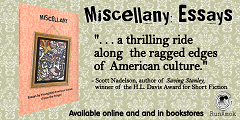
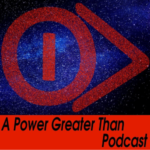

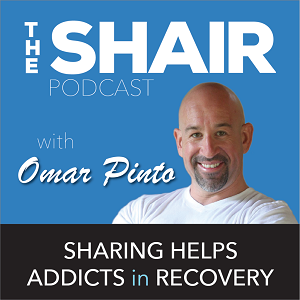
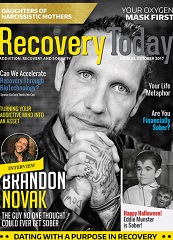
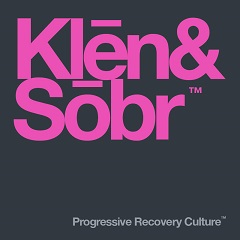

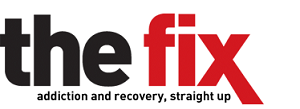
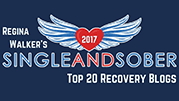
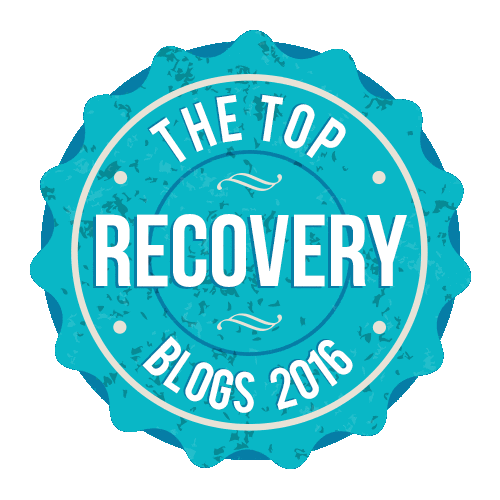
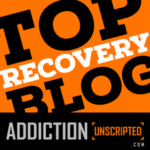
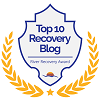
Mark – Love the picture you are painting – such an artist!
Those last two sentences are genius. d
Awww Mark, I’m so glad you got back on the bike with your writing! You are a gift to those who read you and though I’ve never met you IRL, I am certain to those who get to see you, touch you, talk to you in person. I will never forget Philip Seymour Hoffman’s passing….25 years sober, a one year run of relapse, death. It showed me that this is never over, that nurturing our health (whatever our doc…for me it’s controlling people…don’t I sound like a fun friend LOL) is a forever job, one day at a time.
Thanks Mark, your blog is one more thing that keeps me connected to my recovery. Have you ever thought of self publishing? I have a friend who recently did so and although it’s a ton of work, it is going pretty well for him so far.
Hey Dan! I’ve thought about it. I’m ready to do it if necessary. It just doesn’t fit into “the dream” scenario. I know that, even if I do secure traditional publishing, I have to do all this publicizing my own anyway. So, I’m resolved to go for it. (to steal the meaning from the post) I guess I’m pretty damn stubborn about it. Most things, anyway. I enjoy see you on Instagram. Quite the life! My brother-in-law lives in Montana, so occasionally I get a taste of that good life.
I feel that writing is the most cathartic thing you can do. Not talking where you see reactions face to face, in the moment. I’m not saying it well, but it’s easier at least for me, to express myself, by myself, writing, than trying to tell someone how I feel. The need to get things out overrides how people react. Even your closest friends and loved ones really don’t want to know, they are handling their own lives. I’m happy for you to keep trying and succeeding.
This is so true, Cheryl. I know exactly what you mean. I know for me, sometimes I feel this twinge of insecurity when I think about what I put out there. The power is to put it out there without worrying about how people are going to react. I know that if that’s true, the way I talk to people must be pretty watered down.